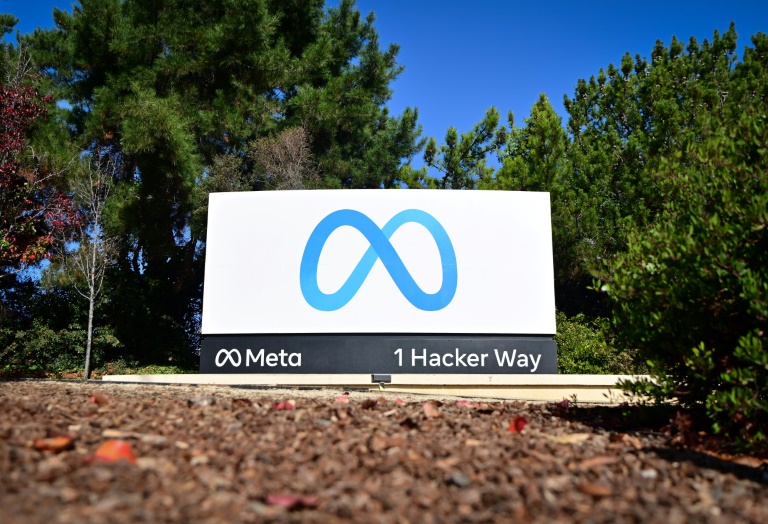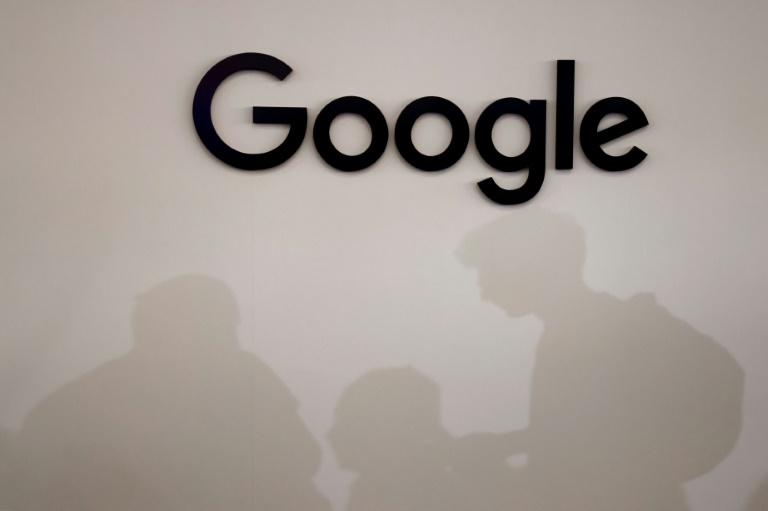The Department of Education of the State of São Paulo announced that it will adopt, starting from the 2024 school year, 100% digital materials for students in the last years of primary school (from 6th to 9th grade) and high school. The São Paulo government then backtracked and promised to offer books in digital format and also on paper. Other countries have already tried similar experiments, but with poor or inconclusive results. To reflect on the challenges and possibilities of an education integrating more technological support, Natuza Nery speaks with Anna Helena Altenfelder, doctor of educational psychology and president of the board of directors of Cenpec, and Fabio Campos, researcher in education and technology at Nova University. York and TLTL – Transformative Learning Technologies Lab, at Columbia University. In this episode:
- Anna comments that the most recent UNESCO report presents “little scientific evidence” on the benefits of technology in education: “The digital environment promotes dispersion. And the behaviors generated when interacting with texts on digital media can harm attention, comprehension and thinking skills”;
- She reports that other countries that have tested new technologies in education are now investing in the hybrid use of digital and analog materials. The case of Sweden is particularly striking: after making a complete transition to digital, the country performed worse in international reading, writing and mathematics exams. “Studies show that students have lost skills due to the exclusive use of digital media,” he says;
- Fabio criticizes the fact that Brazil “does not have a technological strategy in education” even after going through a pandemic. “We need to ask ourselves what kind of educational technology we are talking about. And after that, we need to democratize,” he says;
- He says that simply replacing analog with digital “usually always goes wrong” – unlike experiments in which “digital complements analog and goes beyond.” And that the case of São Paulo could be an example of the government’s “lack of listening” to what teachers think.
What do you need to know:
The O Assunto podcast is produced by: Mônica Mariotti, Amanda Polato, Lorena Lara, Gabriel de Campos, Luiz Felipe Silva, Thiago Kaczuroski, Eto Osclighter and Nayara Fernandes. Presentation: Natuza Néry.
SEE VIDEO PODCAST CUTS:

“Pop culture fan. Coffee expert. Bacon nerd. Infuriatingly humble communicator. Friendly gamer.”

:strip_icc()/i.s3.glbimg.com/v1/AUTH_59edd422c0c84a879bd37670ae4f538a/internal_photos/bs/2022/b/6/iu8gcvTNGDLR0kDcrakA/oassunto-natuza-materia.png)



:strip_icc()/s01.video.glbimg.com/x720/7214172.jpg)
